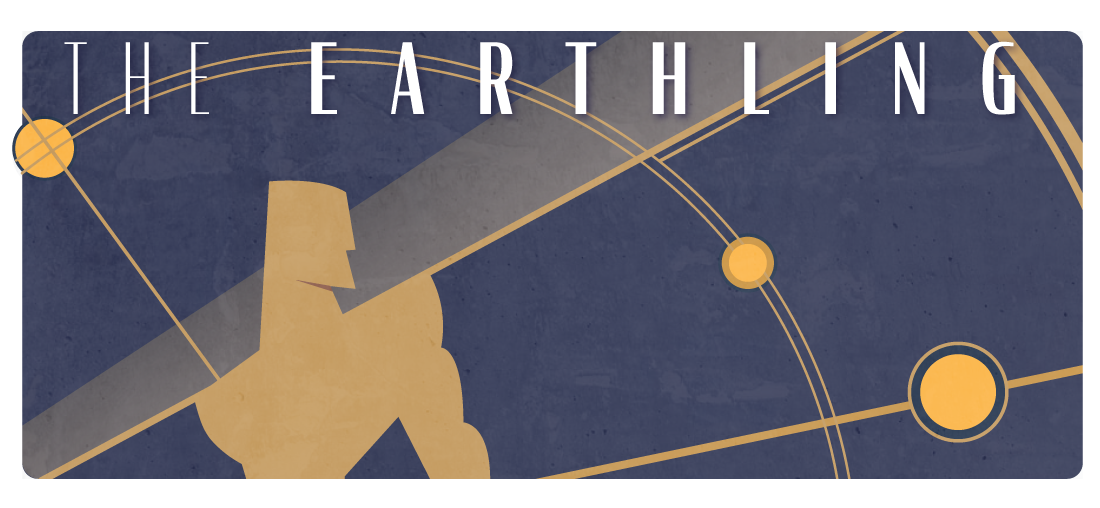Earthling: Putin and Zelensky get more intense
Plus: Facebook joins Cold War II; Ukraine sends Russian parents death notices; China’s Rasputin; Dissolve the UN?; etc.
Sometimes a retreat signals that the end of a war is near. The recent withdrawal of Russian troops from the Kyiv area may have the opposite implication. One week after the withdrawal, peace in Ukraine seems like a more remote prospect than it did a week before the withdrawal; both sides now seem more determined to fight on.
On the Ukrainian side, the withdrawal has bolstered the will to fight in two ways: (1) the sight of Russian troops vacating Ukrainian land raises hopes of evicting them from other occupied territory; (2) evidence of atrocities that surfaced in the wake of the withdrawal stokes the desire to punish the Russians. Meanwhile, news of the atrocities is replenishing and expanding the Ukrainian arsenal, bringing new commitments from the West to send arms.
On the Russian side, too, the motivation to fight has been intensified, if in a more roundabout way. The withdrawal from the Kyiv area signifies the collapse of Putin’s hopes for regime change in Ukraine, and it comes after heavy Russian military losses in both human and material terms. All of this adds to the domestic political pressure on Putin to come away from this war with significant gains on the ground; as the costs of the invasion pile up, he needs to show commensurate benefits.
In short: even as the withdrawal from Kyiv has energized the Ukrainian drive to roll back Russian gains elsewhere in Ukraine, Putin feels only more driven to defend those gains and expand some of them.
The Russian army still hasn’t extended its reach over all of Donetsk and Luhansk, the two provinces (or “republics,” as Putin puts it) whose independence he recognized in his pre-invasion speech. He will be loath to end this war before they’re entirely under Russian control. And they’re a ways from that.
Putin probably also plans to consolidate and keep the “land bridge” connecting Crimea to Donetsk and ultimately to Russia. And he may want to hang onto land around Kharkiv.
In Putin’s view, the stakes are existential—not for Russia, but for him. As he faces frustration and possible humiliation on the military front and grave trouble on the economic front—all because of his decision to invade Ukraine—the possibility of a palace coup cannot have escaped his attention.
What’s more: As evidence of atrocities mounts—and as Biden keeps calling him a war criminal—the chances of a worry-free post-coup retirement get slim. Putin is no doubt aware that Slobodan Milosevic, after stepping down as president of Serbia, was handed over to an international tribunal by Serbia’s government (in exchange for EU membership, though other incentives, such as sanctions relief, could apply in Putin’s case).
All told, then, to say that Putin feels “domestic political pressure” to show gains in Ukraine is an understatement. Russian setbacks on the battlefield could make him so desperate that extreme measures, including the use of a tactical nuclear weapon, become conceivable.
All of which suggests that the Biden administration might start thinking of ways to push Zelensky toward a peace deal sooner than, left to his own political incentives, he might settle for one. The massive quantity of arms Biden is sending Ukraine offer a lever.
Leaving Putin with any gains via conquest would be a bitter pill. The invasion was a clear violation of international law, and giving any positive reinforcement for that is a setback for humankind. (That’s why some of us argued for serious negotiations to avoid invasion, a path the Biden administration apparently rejected.) But worse setbacks are imaginable.
The Ukrainian government is using facial recognition technology to identify dead Russian soldiers, after which it tries to notify relatives in Russia of the deaths, reports the New York Times. Ukraine’s vice prime minister said the idea is to “dispel the myth of a ‘special operation’ in which there are ‘no conscripts’ and ‘no one dies.’”
Meanwhile, the BBC used facial recognition software to tentatively identify a soldier fighting for Ukraine who appears in a video which seems to document the execution of Russian POWs by Ukrainian forces. “The match is to a Georgian man with close links to Ukraine, but we are not naming him as we have not confirmed his identity,” says the BBC. The New York Times had tentatively concluded that the man in the video is the same man seen in an earlier photo alongside Mikheil Saakashvilitk, who was president of Georgia before being appointed governor of Ukraine’s Odessa region and who now lives in the US. But the Times seems to have deleted that part of its account.
American tech firms are amplifying and exploiting fear of Russia and China as part of a campaign to fend off government regulation, Eli Clifton writes in Responsible Statecraft. In 2020, Facebook—since renamed Meta—launched the political advocacy group American Edge, which has spent $1.5 million running ads about “threats to America’s national security” posed by China and attacking proposed laws that would supposedly benefit Chinese tech companies. American Edge also declares that “as Russia plows forward in its invasion of Ukraine,” we can’t afford to pursue “laws that would undermine American innovation and offer a leg up to techno-autocracies.”
In invoking national security to promote its commercial interests, Clifton says, Meta has “a nearly invisible partner.” Namely: “the weapons industry, whose board members and executives advise the group and whose think tank and advocacy fundees are members of the coalition.” Lockheed Martin has funded two of the Edge coalition’s members–the Lexington Institute and Women Impacting Public Policy–and Lockheed’s CEO has made the Edge-esque argument that antitrust regulation undermines US national security amid a threat from China.






